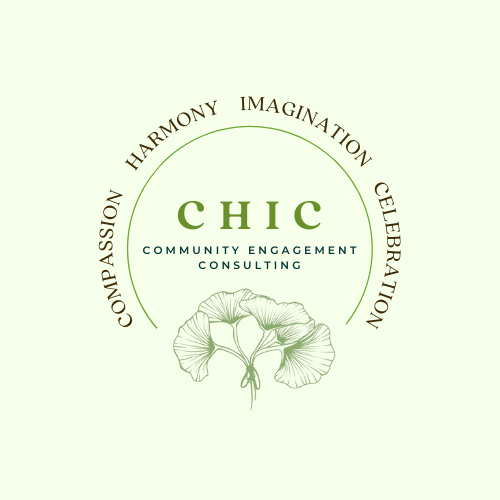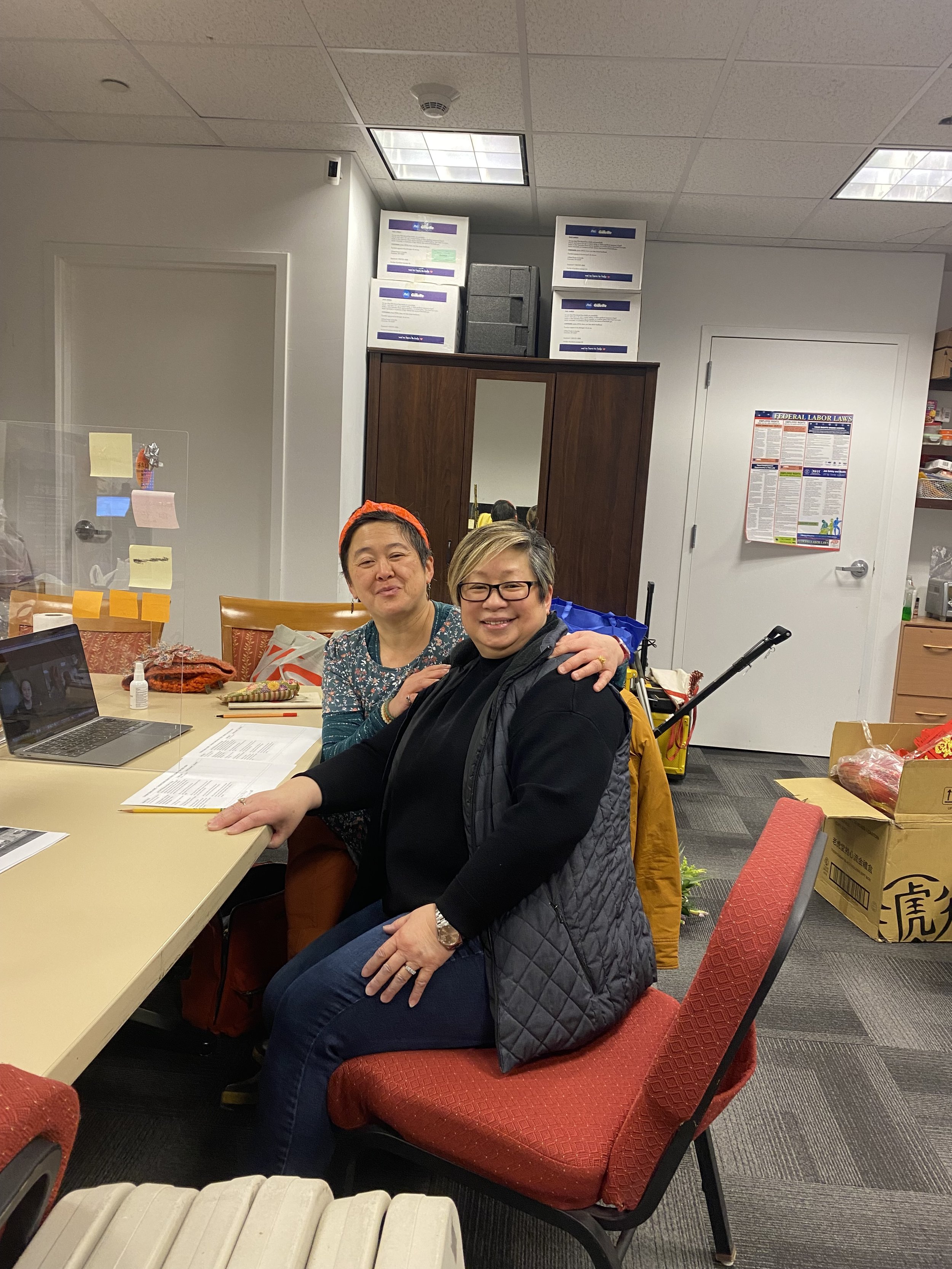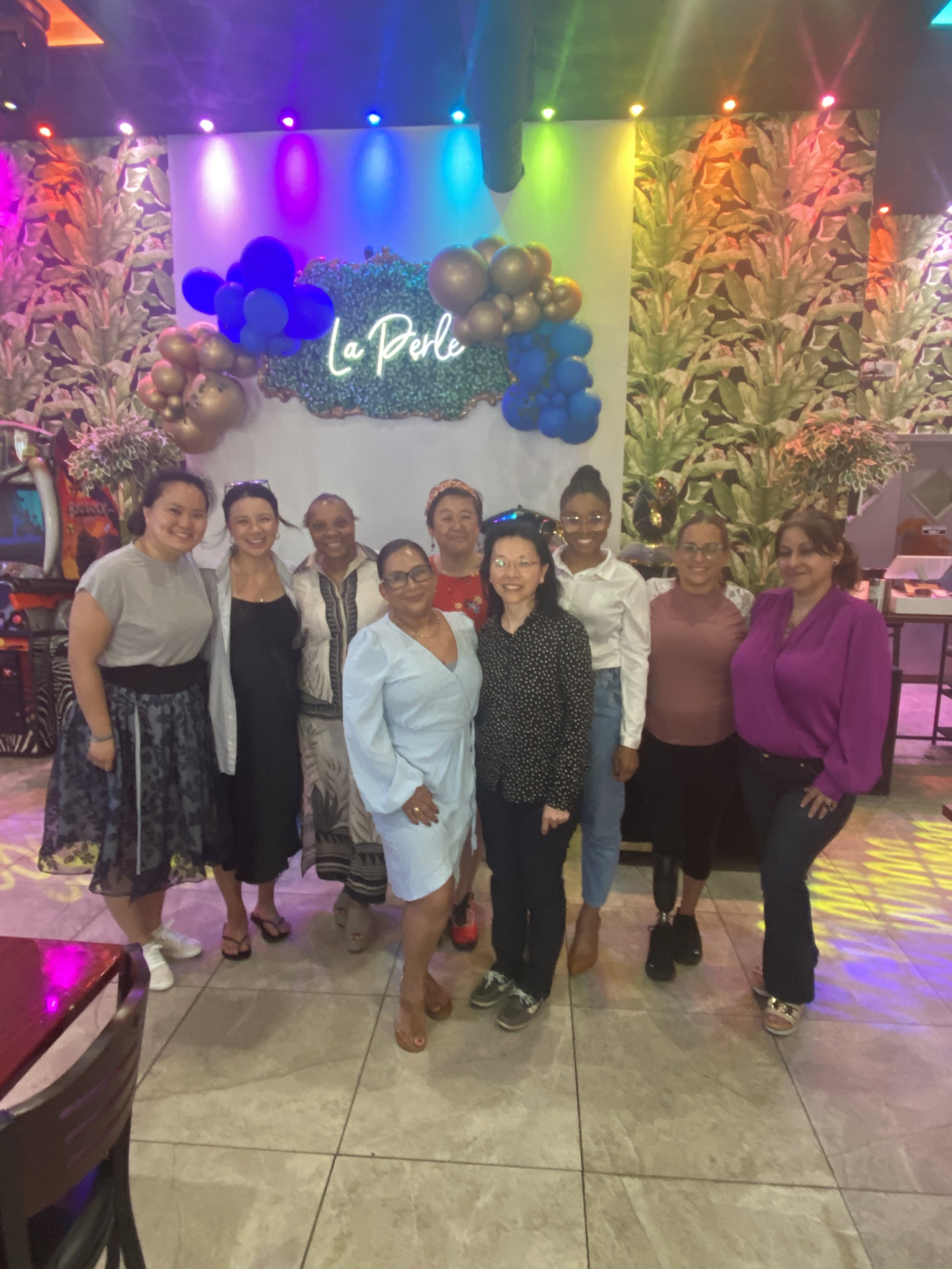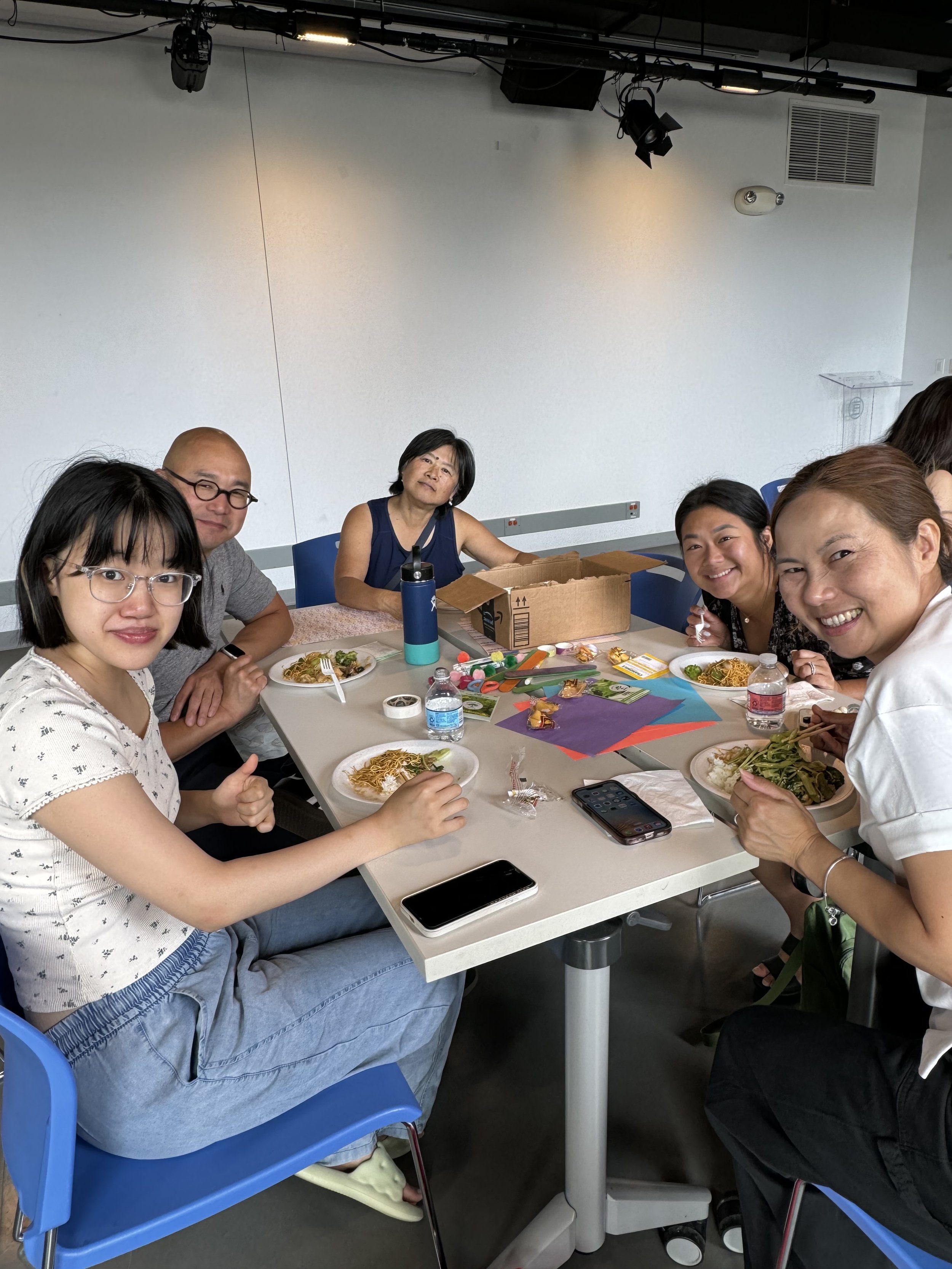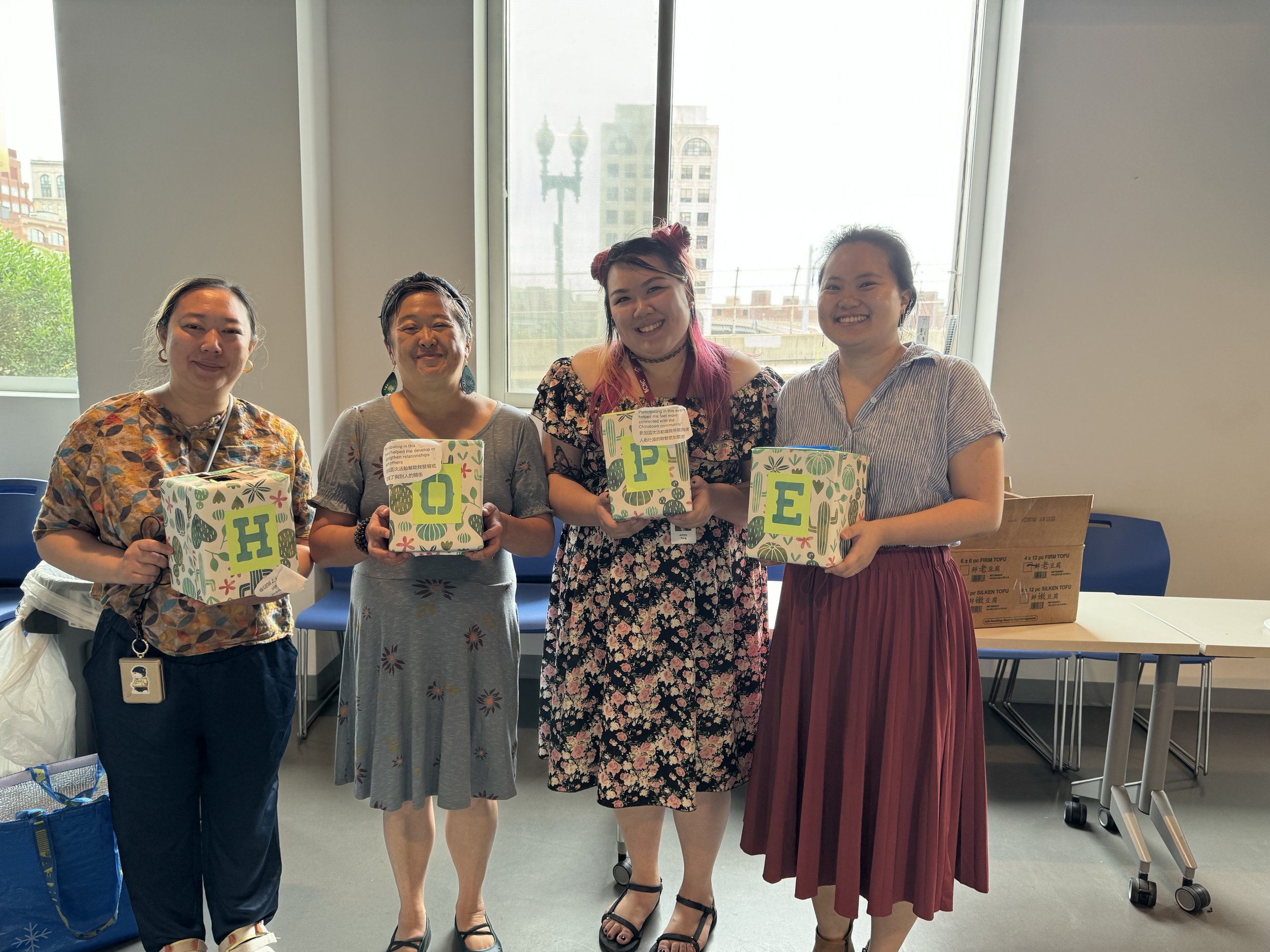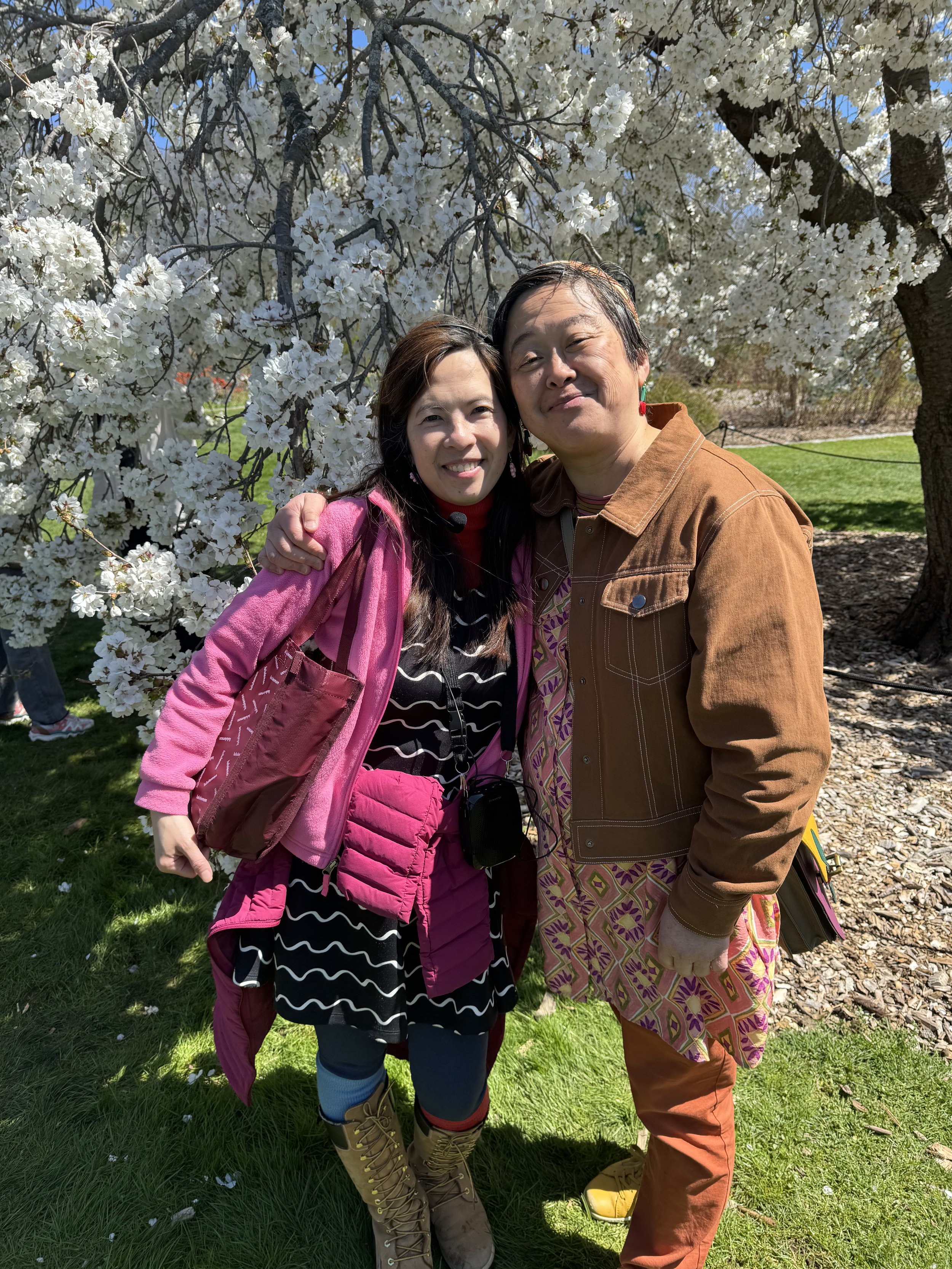Our Approach
Community engagement involves a process of involving people in decisions that impact their lives, whether it be involving students in curriculum development, residents in the type of art in their neighborhood, or communities in development decisions.
Community engagement also involves building spaces for communities to be together, to learn from one another, to create the conditions for synergy and harmony so innovative, collective work can happen. The many tools and best practices that we use to develop our responsive, customized services embrace and welcome the complexity of the human experience, organizations, and institutions.
Our Vision
CHIC uplifts the potential of our communities through our core values of
compassion, harmony, imagination, and celebration.
We apply these four principles to our work
-
Community-driven community engagement
We value and honor lived experiences of communities to guide us. Everyone is seen and valued for the expertise that they bring. We start with an openness to learn, not with predetermined questions. In doing so, we support communities to take the lead in defining what is important to them..
-
Strengths-based, asset-based lens
Strengths-based, asset-based approaches draw from the field of public health that focuses on community resilience. Believing in the inherent resilience acknowledges that many communities have been hurt and harmed by oppressive systems. Communities already have the inherent wisdom, resources, and assets to heal, grow, and thrive.
-
Design thinking
Human-centered design thinking provides tools that respect the creativity of all, promotes agile thinking, and supports collaborative problem solving. It is rooted in deep listening and observation driven by curiosity, empathy, and a drive for innovation and experimentation that is responsive to the needs of communities.
-
Commitment to life-long learning
We approach our work as progressive educators influenced by people like such as Paolo Friere, bell hooks, and others who saw students’ lives as the starting place for engagement and learning. We design meetings as educational spaces that are grounded in respect, reciprocity, and power-sharing with community partners. Learning activities will promote reflection and reflexivity, collaborative and creative problem solving, and community building.
Our commitment to equity
Equity involves helping everyone to reach their highest potential. Our work values lived and learned experience, embraces the multiple identities we all have, and believes that government, organizations, institutions, and systems can be caring, just, and human-centered.
At the root of these four guiding ideas, is the belief in the power of relationships.
We practice deep listening, cultural humility, honest communication and transparency, empathy, and action. We build trusting relationships with our clients. We work in deep and individualized ways with our clients. And we design services to best meet your needs so that you, your colleagues, and your constituents can thrive and flourish.
Photo credit: The Chinatown Project
Clients
Have questions? Get in touch or learn more about our current programs and services.
